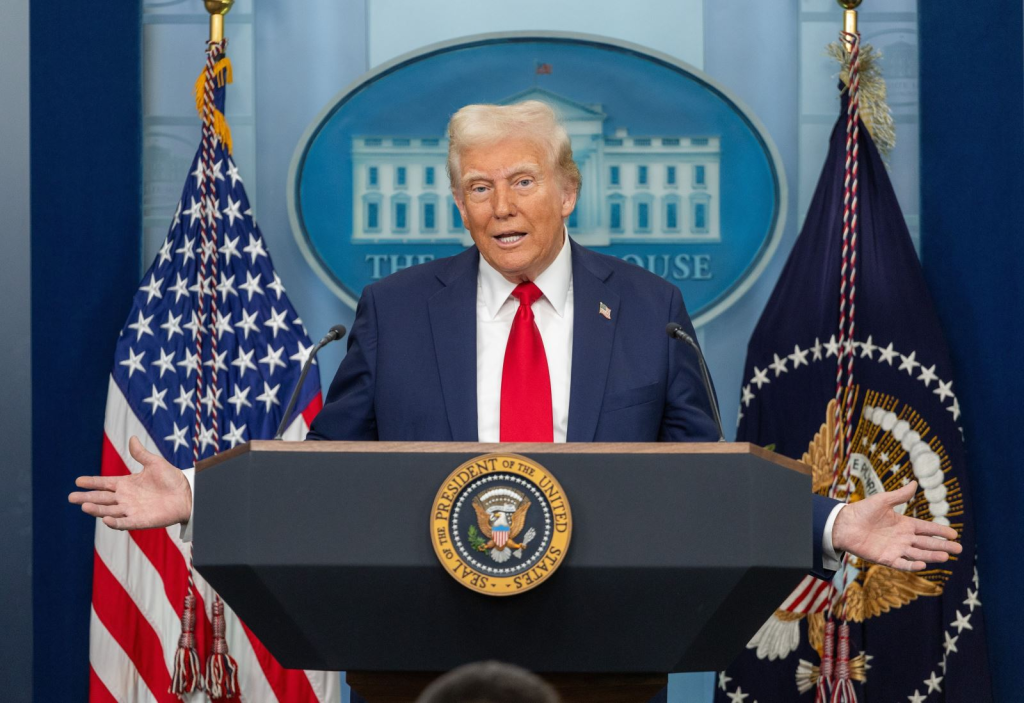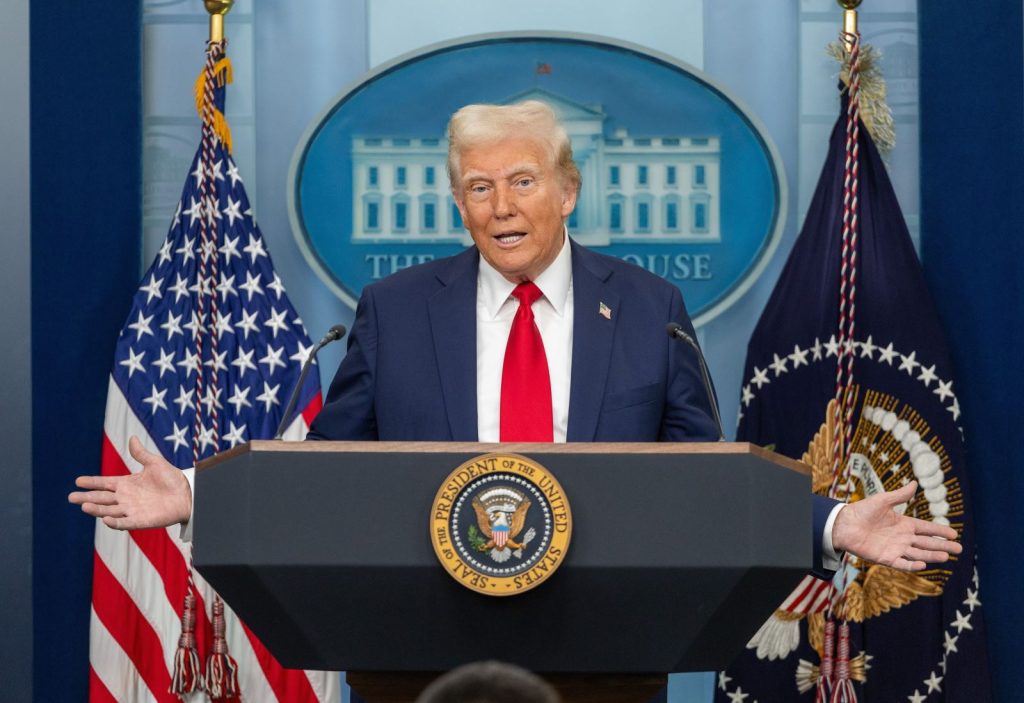Uncategorized
China Announces Tariffs on US Imports Amid Escalating Trade War with Trump
China to Investigate U.S. Tech Giant Google and Restrict Rare Earth Exports

Donald Trump’s policy of imposing tariffs on rival nations reignited the first trade war of his presidency on Tuesday, as China responded with its own wave of tariffs and an investigation into U.S. tech giant Google.
Beijing’s foreign ministry announced a 15 percent tariff on U.S. coal and liquefied natural gas, while oil and agricultural equipment will face a 10 percent levy. These new tariffs are set to take effect on Monday.
Meanwhile, Trump’s 10 percent tariff on Chinese goods, which Beijing condemned as a “serious violation” of international trade rules, went into effect on Tuesday. This move followed the administration’s earlier announcement of a 25 percent tariff on imports from Canada and Mexico, though the implementation of those tariffs was postponed at the last minute.
During his first presidential term, Trump launched a two-year trade war with China over its trade surplus with the U.S., triggering a series of tit-for-tat tariffs that disrupted global supply chains and weakened the world economy.
“The trade war is still in its early stages, making the likelihood of further tariffs high,” Oxford Economics stated in a note, as it downgraded its forecast for China’s economic growth.
China’s commerce ministry announced plans to impose export controls on tungsten, tellurium, ruthenium, molybdenum, and related items to “safeguard national security interests.”
Beijing dominates the global supply of these rare earth metals, which are essential for manufacturing electronic components and advancing the global clean energy transition.
“The U.S.’s unilateral imposition of tariffs is a serious violation of World Trade Organization rules,” the ministry said in a statement on Tuesday. “Not only does it fail to resolve its own economic issues, but it also disrupts normal trade and economic cooperation between China and the U.S.”
China also retaliated against the U.S. by launching an investigation into Google over alleged antitrust violations. In response, Hong Kong stocks declined, while the U.S. dollar strengthened and the Chinese yuan weakened.
The announcement of these retaliatory measures came just hours after Trump stated that he planned to speak with Chinese President Xi Jinping by phone.
China had urged Trump to refrain from imposing additional tariffs on the estimated $400 billion worth of goods that the U.S. imports from Beijing each year, advocating for dialogue while vowing to take “countermeasures” if the U.S. president proceeded.
Earlier this year, a spokesperson for the Chinese embassy warned that “there is no winner in a trade war or tariff war,” emphasizing that such measures serve neither country’s interests nor those of the global economy.
During his first term in 2018, Trump launched a contentious two-year trade war with China over its large trade surplus with the U.S., leading both nations to impose tariffs on hundreds of billions of dollars’ worth of goods.
In 2020, China sought to end the dispute by agreeing to increase its annual purchases of U.S. goods by $200 billion. However, the plan was derailed by the Covid-19 pandemic. Since then, China’s annual trade deficit with the U.S. has widened to $361 billion, according to customs data released last month.
On Monday, Trump hinted that the European Union could be his next target for tariffs but did not specify a timeline.
European Commission President Ursula von der Leyen acknowledged the possibility of new tariffs and stated that Brussels would prepare for tough negotiations. However, she stressed the importance of strengthening the EU’s partnership with its largest trade and investment ally.
“We will be open and pragmatic in how we achieve that,” she said. “But we will also make it clear that we will always protect our own interests—however and whenever necessary.”

